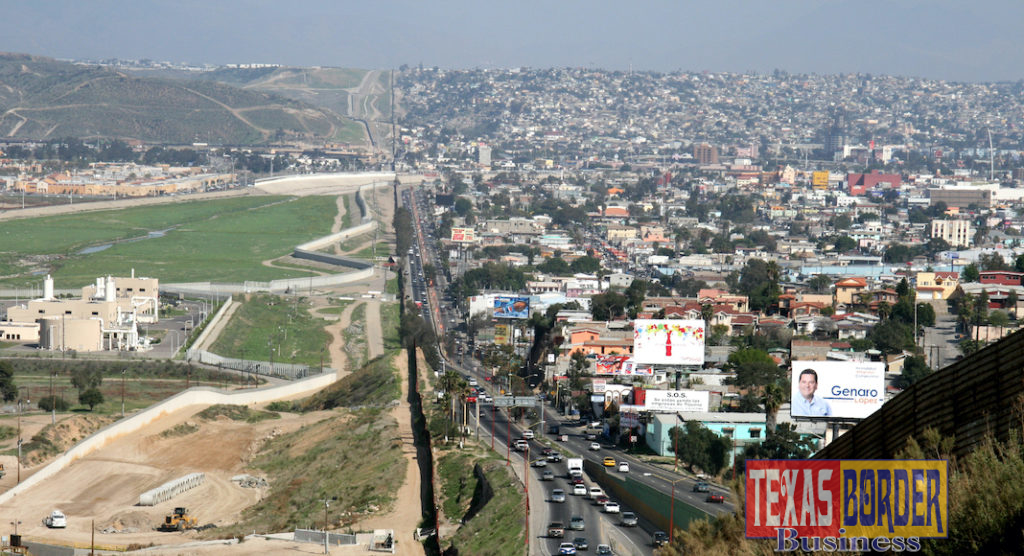
Texas Border Business
WASHINGTON, D.C. – Today, the Texas Public Policy Foundation published new research, U.S.-Mexico Border Security Cooperation, which examines the evolution of programs and policies concerning border security between the two countries from the 1990s to today.
“During the last three decades, the border security cooperation between the U.S. and Mexico has evolved from near nonexistence to a complex array of programs and policies that have been inconsistently applied across administrations,” said John Daniel Davidson, senior fellow with the Texas Public Policy Foundation’s Right on Immigration initiative. “In light of the rapid deterioration of the Mexican state and the growing power of Mexican drug cartels near the U.S. border, it is time to consider whether attempts at binational border security cooperation should be abandoned in favor of a unilateral approach.”
Key Points:
- U.S.-Mexico security cooperation has been unstable and inconsistent for decades, in part because of a lack of institutionalization of cooperative programs and policies.
- The corruption and incompetence of Mexican elites has made consistent cooperation on security issues difficult and unstable.
- Despite these challenges, a few avenues for cooperation are still open. The recently passed United States-Mexico-Canada Agreement (USMCA) might be leveraged for greater cooperation on trade and security issues.
- A number of viable policies and programs that have been a part of the Mérida Initiative might be re-branded and introduced as part of a broader cooperative scheme tied to USMCA.
- The training and professionalization of Mexican security forces might be accomplished under a NATO-like arrangement with Mexico and Canada, or a bilateral agreement with Mexico.
To read the U.S.-Mexico Border Security Cooperation report in full, please visit: https://files.texaspolicy.com/uploads/2020/04/01130111/2020-04-RR-Davidson-ROI-Border-Security-Cooperation.pdf














